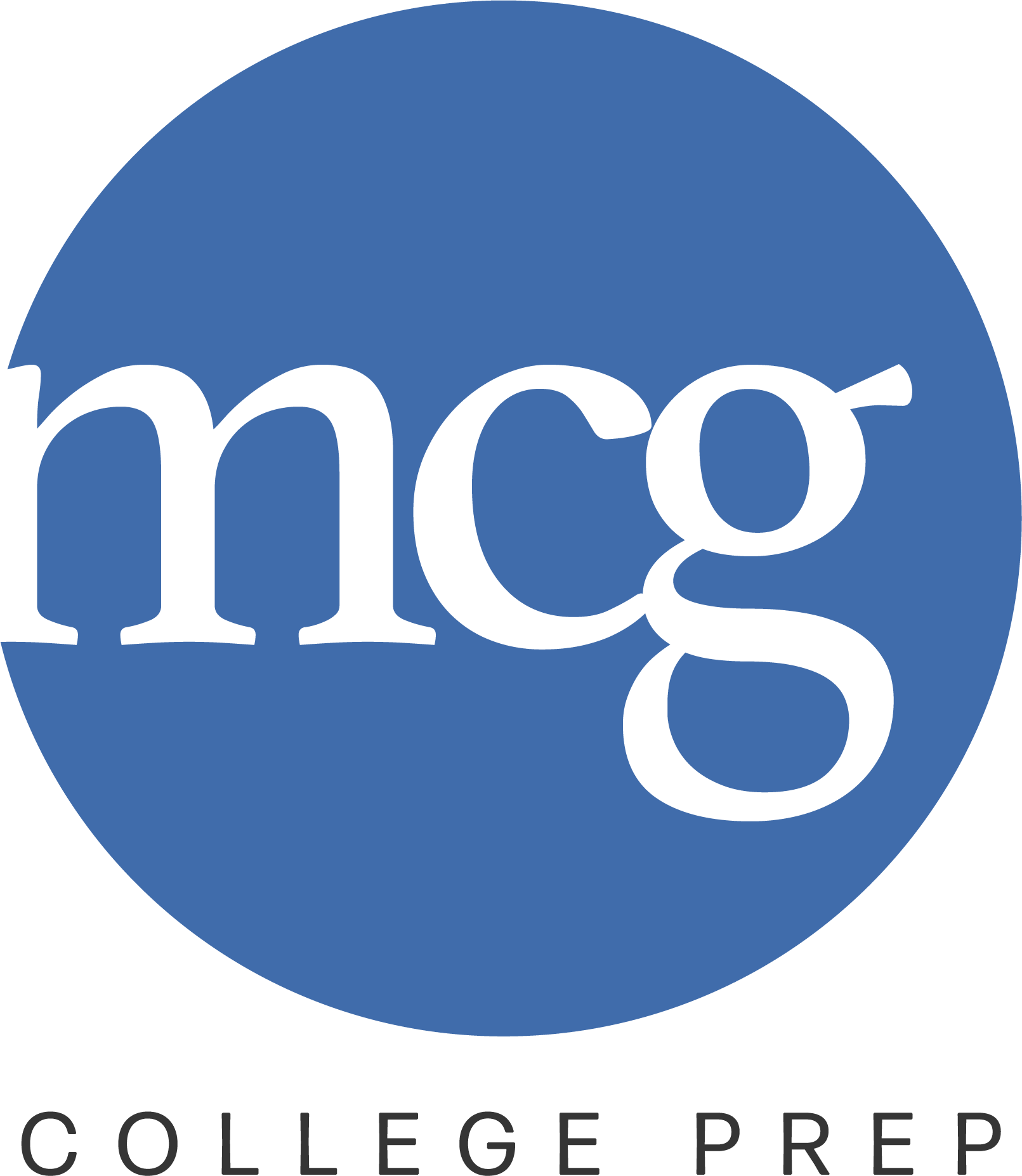Would GW (the man) apply ED to GW (the school)?
Washington, DC. July 15th, ‘22
I cannot tell I lie. I have no idea. Okay, that was a crap dad joke, I admit. But I was all-dad all-day today. I got to spend a typically sweltering Washington DC summer day today touring American University and George Washington U with my eldest son, Caius, a rising senior. Both wonderful campuses, both great schools in the middle of our beautiful capital city. But what I’m thinking about as I write this post in the blessed air-conditioning of my brother-in-law’s Northern Virginia townhome is the fact that both of these institutions have two different Early Decision deadlines and a Regular deadline. No Early Action for these two schools. So, what are the differences among these options, what are the advantages, and when do we have to send in our application?
First, some definitions. It used to be that schools had just one deadline. No need to call it Regular, because that was it. That still exists, as within the UC system, which has just one deadline every year - November 30th. Early Decision and Early Action are both increasingly being used, however. Each of these require students to submit their applications early, usually sometime sometime from mid-October to early November. Schools then give students their acceptance decisions early and everybody is happy, right? After all, Schools sell ED and EA as opportunities for students to finish their college app process early and give themselves better odds at getting in. Both of those claims are true. At GW the acceptance rate was 65% for ED and only 42% for regular. The difference was even more extreme at America, with 83% of ED students accepted but only 36% of regular students accepted. So Early Decision is the way to go, right?
Well maybe, maybe not. First off, ED is binding. You are legally pledging, when you apply Early Decision, that should you be accepted, you will cancel all applications at other schools, even ones you may have already been accepted to and who gave you a better financial package. Speaking of financial, you have to accept whatever financial aid package the Early Decision school offers. Yes, you can appeal for more, but there’s usually not much wiggle room, if any. So, it’s very possible for a student to get accepted to their dream institution but then find that the financial aid package is just not do-able. (NOTE- in the state of California any contract signed by a minor is legally unenforceable, as much as the school may huff and puff. But what a college admissions office can do is basically blacklist all future applicants from that student’s high school, which can result in a lot of pressure from one’s high school, as well.)
So, what to do? Well, I can’t say I have the answer. If a family has the funds to pay full boat for tuition and room and board, Early Decision is a great way to increase their applicant’s odds at getting into their dream school. Likewise, if a family’s income is low enough that a school would guarantee them 100% financial aid, then I would think that ED is great for them, too. But for everybody else, myself included, we need to think long and hard before going Early Decision. We have to look for the best combo of school fit, geographic fit, merit and artistic based aid, financial aid, and whatever else makes a school the right one. Families will need to judge their level of risk and commitment for each school they apply to.
(By the way, GW the man actually never went to college! so this little thought experiment is moot, but, hey, so is wondering if a guy would apply early to a school that wasn’t established until after his death, anyway. )
The one thing I know for sure? That you need to talk about it with your applicant. Our kids are nearly adults. They can handle tough truths. Just as they can handle the hard truth that they may get rejected by their dream school, they can also handle the truth that it might not be the best option to rack up large amounts of debt to attend that dream school. Or that the dream school can wait until grad school.
I had that very same conversation with my 17 year-old today. It wasn’t the easiest conversation, especially because he liked both schools very much, but it was a necessary talk. Any family looking at applying to exclusive schools with Early Decision deadlines should also have that talk, as well.
